Virginia Personal Injury Laws
Virginia's legal framework for personal injury claims presents a unique blend of challenges and opportunities for those steering its complexities. Central to understanding this landscape is the state's strict adherence to contributory negligence, a doctrine that can entirely bar recovery if the plaintiff is found even minimally at fault. Coupled with the specific statutes governing claims against the government and the distinct one-bite rule for animal injuries, the nuances of Virginia's personal injury laws demand careful consideration. As we explore the intricacies of liability, compensation, and the procedural hurdles inherent in these claims, it becomes evident that a deeper comprehension of these legal principles is essential for anyone seeking justice or defending against claims in Virginia's courts.
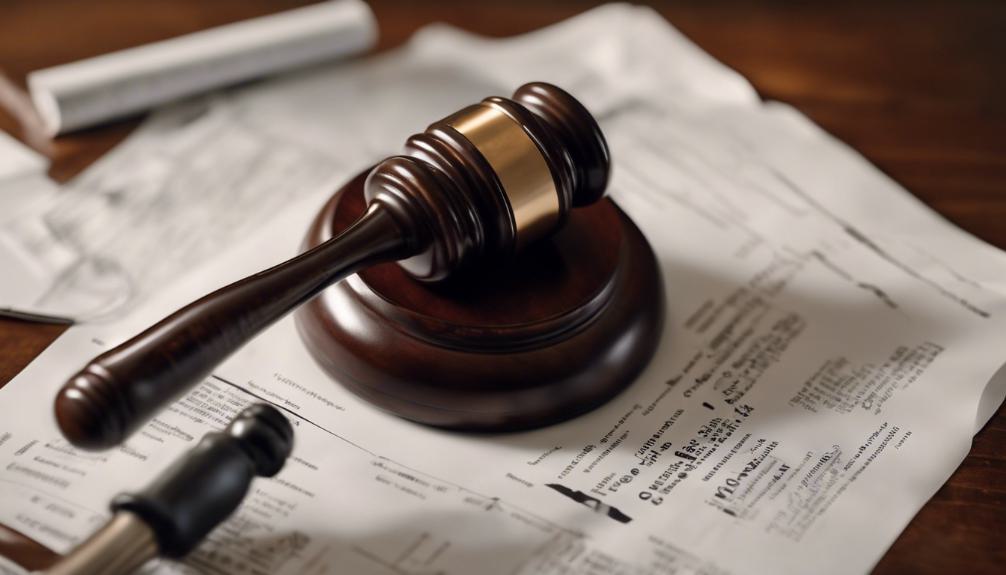
Key Takeaways
- Virginia employs contributory negligence law, potentially barring recovery if the plaintiff is found even slightly at fault.
- There is no cap on damages in most standard personal injury cases, excluding medical malpractice and punitive damages.
- The statute of limitations for filing a personal injury lawsuit in Virginia is crucial for the timeliness of legal action.
- Special rules apply for personal injury claims against the Virginia government, including specific notice requirements and timeframes.
Overview of Laws
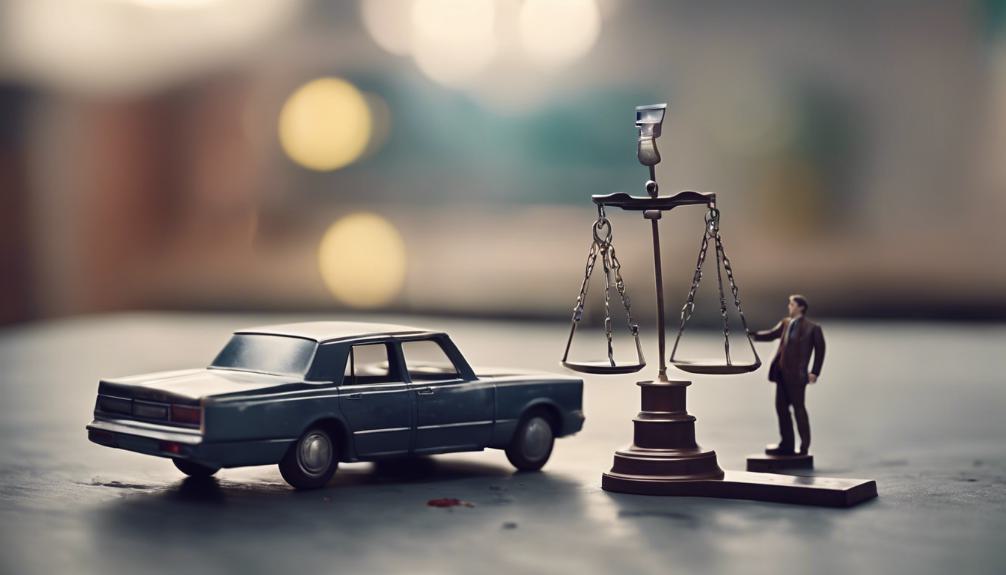
Virginia's personal injury laws establish a thorough framework for addressing claims of physical or psychological harm resulting from another party's negligence or wrongful act. These laws are designed to provide clear guidelines for individuals seeking redress for injuries sustained due to someone else's actions or inactions. Central to Virginia's legal approach to personal injury is the principle that individuals harmed by the negligence of others have the right to seek compensation. The state's legislation covers a wide range of scenarios, from automobile accidents and workplace injuries to medical malpractice and slip-and-fall incidents. It outlines the legal rights of the injured party, the responsibilities of those deemed at fault, and the procedural steps necessary to pursue a claim. This legal foundation ensures that victims have a pathway to seek justice and compensation for their injuries.
Liability and Compensation
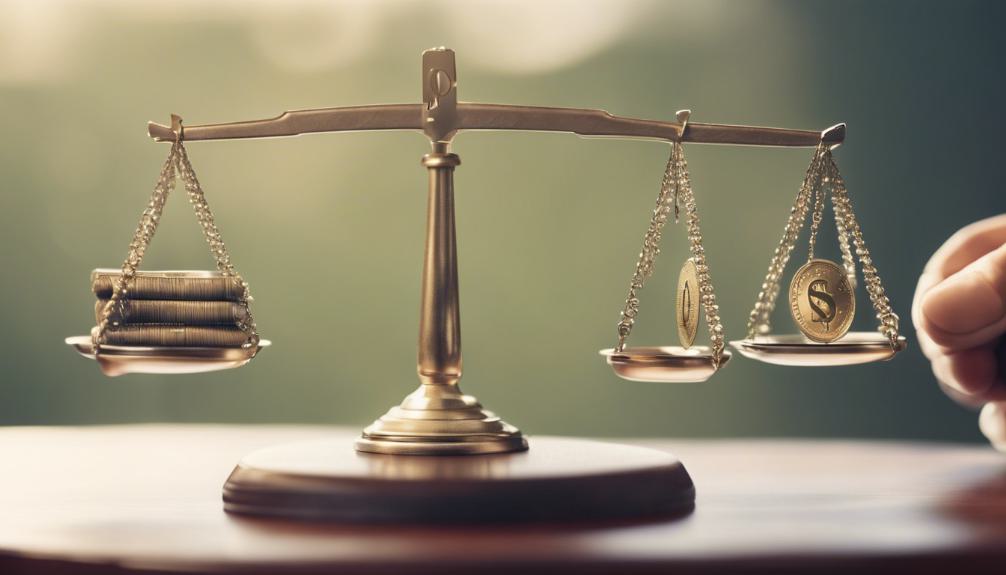
Understanding the mechanisms of liability and compensation is fundamental for individuals pursuing personal injury claims in Virginia. When an individual is injured due to another's negligence, proving the other party's negligence becomes essential. Negligence, in Virginia, is defined as the failure to act with the level of care that someone of ordinary prudence would have exercised under the same circumstances. The compensation to which an injured party is entitled may cover various damages, including medical expenses, lost wages, and pain and suffering. However, Virginia's adherence to the contributory negligence law means that if the plaintiff is found even minimally responsible for the incident, they may be barred from recovering any compensation. This strict approach underscores the importance of a thorough understanding of liability principles in personal injury cases.
Statute of Limitations

The statute of limitations serves as a critical timeline for filing personal injury lawsuits in Virginia, dictating the timeframe within which legal action must be initiated. Under Virginia law, individuals have a window of two years from the date of an injury to file a lawsuit against the party at fault. This period is strictly enforced, with very few exceptions, making it imperative for injured parties to act swiftly in seeking legal recourse. Failure to file within this period typically results in the loss of the right to sue for damages, irrespective of the severity of the injury or the clarity of fault. This statute emphasizes the importance of timely legal consultation and action following any personal injury in Virginia.
Claims Against Government
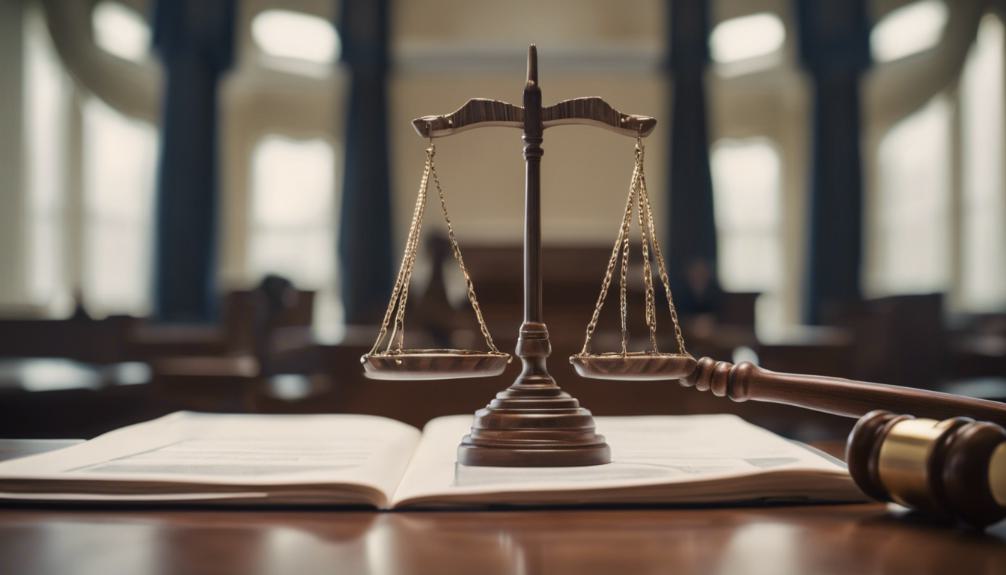
Filing a personal injury claim against the Virginia government involves specific procedures and strict deadlines that differ from those in claims against private parties. It is essential for claimants to familiarize themselves with these unique requirements to make sure their claim is valid. To start, prior to filing a lawsuit, one must typically file a formal notice of the claim with the government entity involved. This notice must be submitted within a specific timeframe, which is generally shorter than the statute of limitations for private claims. Failure to adhere to these procedural requirements can result in the forfeiture of the right to sue. Understanding these nuances is vital for anyone seeking to pursue a personal injury claim against a government body in Virginia.
Negligence Law
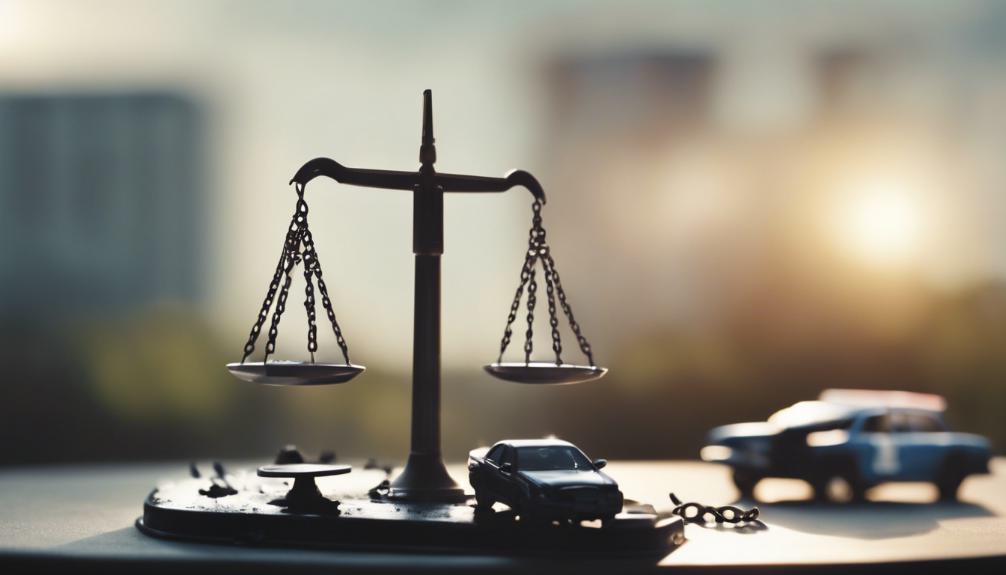
Understanding the complexities of negligence law in Virginia is essential for individuals seeking compensation for personal injuries. In Virginia, negligence is defined as the failure to exercise the standard of care that a reasonably prudent person would have exercised in a similar situation. This standard is central to personal injury lawsuits, where the plaintiff must prove that the defendant's negligence directly caused their injuries. The law requires demonstrating four key elements: duty, breach, causation, and damages. Duty refers to the legal obligation to exercise reasonable care towards others. Breach involves showing that the defendant failed to meet this duty. Causation connects the breach directly to the plaintiff's injuries, and damages refer to the actual harm suffered. Successfully proving negligence is essential for receiving compensation.
Shared Fault Rules
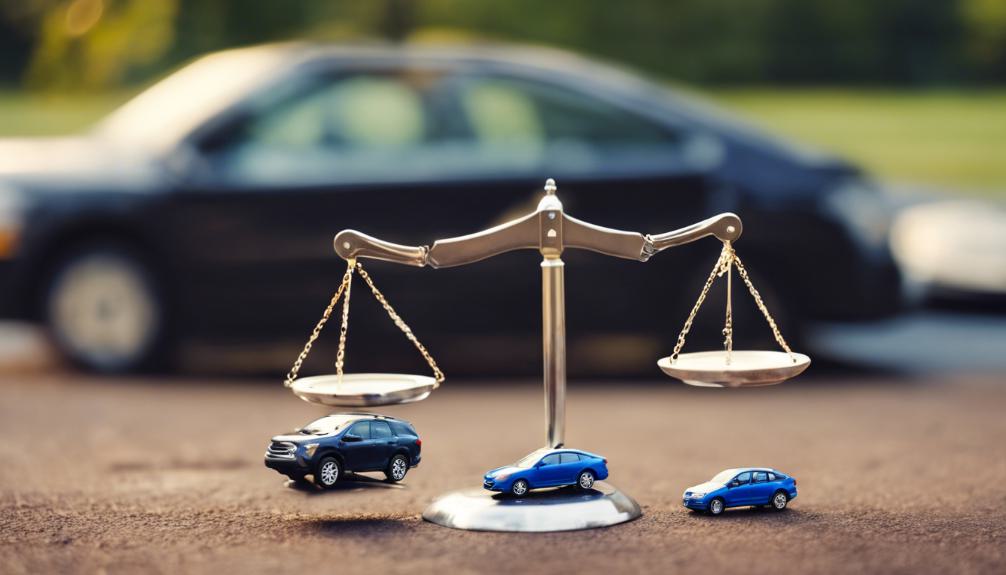
Building on the foundation of negligence law in Virginia, it's important to examine the state's shared fault rules, which play a significant role in determining compensation in personal injury cases. Virginia adheres to a strict contributory negligence doctrine. This means that if a party is found even minimally at fault for their own injuries, they may be barred from recovering any compensation from other at-fault parties. This rule underscores the importance of thorough legal representation to navigate the complexities of proving fault in an accident. It emphasizes the need for detailed evidence collection and presentation in court, as even a small percentage of fault attributed to the plaintiff can result in a complete denial of damages.
One-Bite Rule

In the domain of Virginia's personal injury laws, the 'one-bite rule' pertains specifically to incidents involving animal injuries, particularly those caused by dogs. This rule establishes a nuanced framework for determining liability in cases of animal attacks. Fundamentally, it posits that an animal owner cannot be held liable for the first instance of an animal's aggressive behavior, provided they had no prior knowledge of such tendencies. The implication here is that liability for injuries caused by an animal is contingent upon the owner's awareness of the animal's propensity for aggression. This legal principle emphasizes the importance of demonstrating that an owner had prior knowledge of their animal's dangerous nature to successfully claim damages for injuries sustained in an animal attack, aligning with broader negligence standards within the state.
Business Insurance Requirements
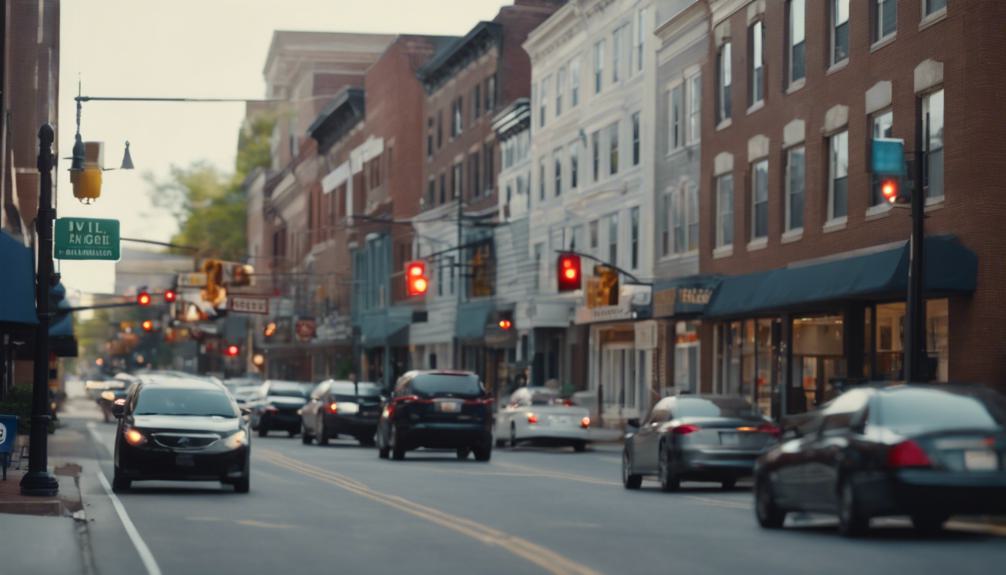
Virginia mandates that businesses operating within its jurisdiction adhere to specific insurance requirements to safeguard against potential liabilities, including those arising from personal injury claims. This directive is not merely a suggestion but a legal obligation designed to guarantee that companies can cover damages in the event of accidents or injuries occurring on their premises or as a result of their operations. Businesses, depending on their size and the nature of their operations, may be required to carry various types of insurance, such as general liability insurance, professional liability insurance, and workers' compensation insurance. These policies serve as a critical financial safety net, protecting both the business and its customers from the potentially devastating costs associated with personal injury lawsuits.
Compensation Limits
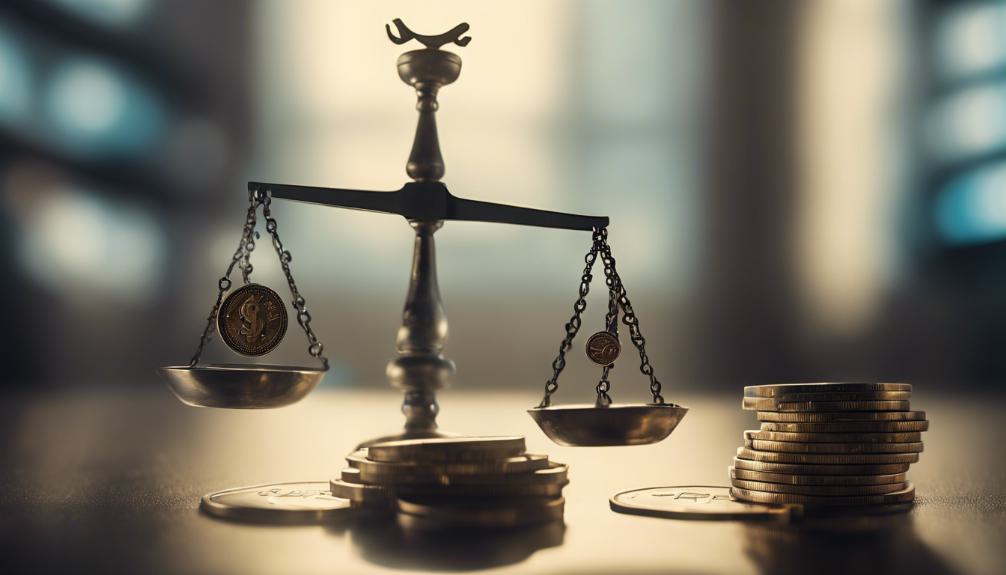
Understanding the compensation limits in personal injury cases is important for those seeking damages in Virginia. In general, Virginia does not impose caps on the amount of compensatory damages a plaintiff can receive in most personal injury cases. This means victims can potentially recover full compensation for medical expenses, lost wages, and pain and suffering. However, there are notable exceptions. Specifically, medical malpractice claims are subject to a cap on total damages, which adjusts periodically. Additionally, punitive damages, intended to punish the defendant for particularly egregious conduct, are capped separately. These caps are designed to prevent exorbitant awards and maintain fairness in the legal system, while still providing a pathway for injured parties to receive just compensation.
Legal Procedures
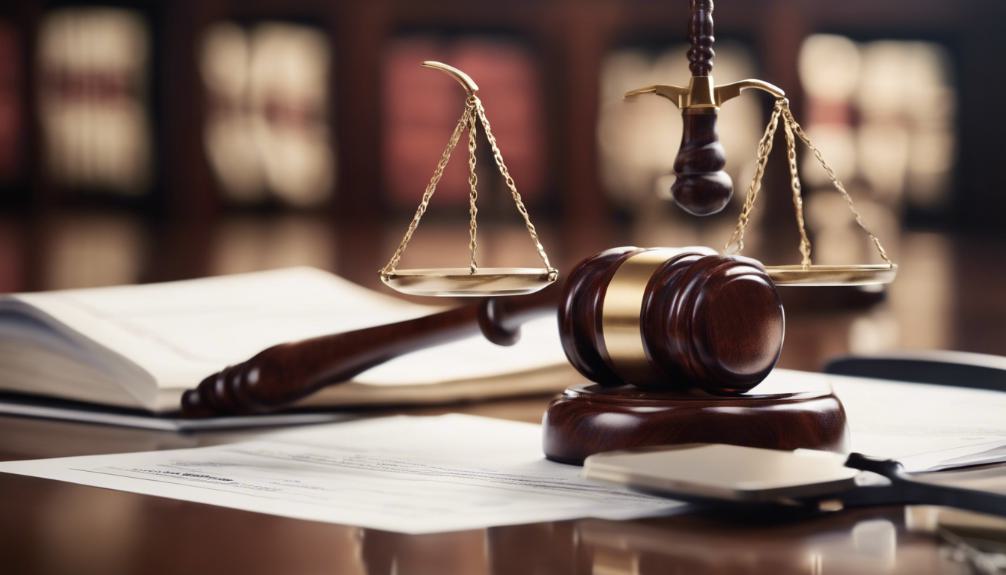
Understanding the legal procedures is a key step for individuals seeking compensation through personal injury lawsuits in Virginia. The process begins with ensuring timely action, as Virginia law mandates strict adherence to the statute of limitations. For most personal injury claims, this period is limited to two years from the date of the injury. Missing this deadline can forfeit one's right to file a lawsuit. Additionally, when the claim involves the Virginia government or its subdivisions, specific notice requirements must be met before proceeding with a lawsuit. The legal journey continues with the filing of a lawsuit in the appropriate court, followed by the phases of discovery, negotiation, and possibly trial, each with its own procedural rules and nuances.
Comparative State Laws
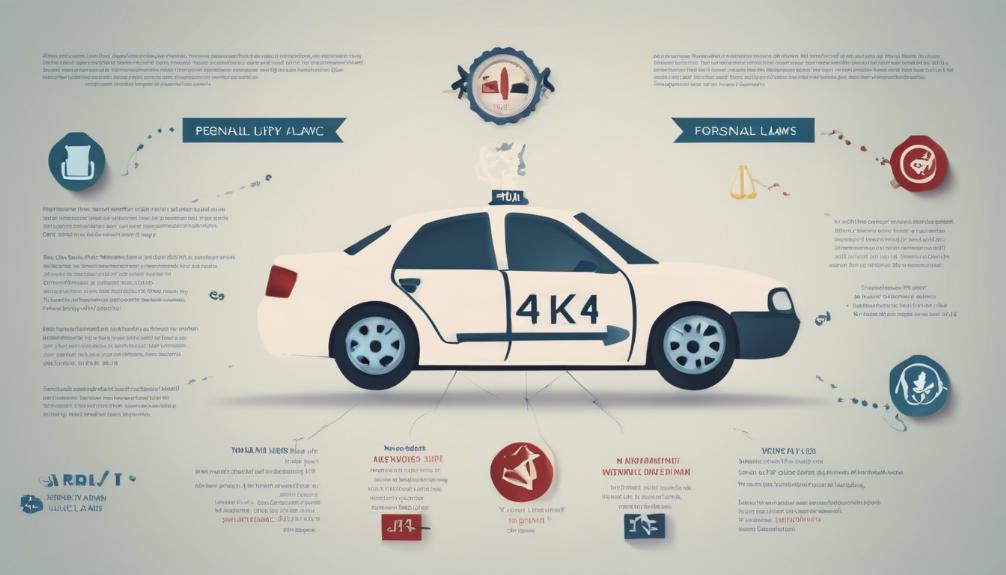
Exploring personal injury laws across different states, such as Kentucky, California, New York, and New Jersey, reveals a variety of legal frameworks and requirements that can greatly impact the outcome of injury claims. Kentucky and California, for example, use a system of pure comparative negligence, allowing plaintiffs to recover damages even if they are 99% at fault, though their recovery is reduced by their degree of fault. New York follows a similar model, promoting fairness in damage recovery. In contrast, New Jersey utilizes a modified comparative fault rule, barring recovery if the plaintiff is more than 50% responsible for their own injuries. These distinctions underscore the importance of understanding state-specific laws, as they immensely influence both the strategy and potential success of personal injury litigation.
Frequently Asked Questions
How Can Mental Anguish or Emotional Distress Be Quantified in a Virginia Personal Injury Case?**
Quantifying mental anguish or emotional distress in personal injury cases involves evaluating the severity of psychological impact, duration of suffering, and its effect on daily life, often substantiated by medical testimony and personal documentation.
Despite the Comprehensive Coverage of Physical Injuries and Tangible Damages in Most Discussions About Personal Injury Laws, the Methodology for Quantifying Non-Physical Damages Like Mental Anguish or Emotional Distress Is Less Frequently Addressed. This Question Delves Into the Complexities of Assessing Non-Tangible Injuries Within the Legal Framework of Virginia.
Quantifying non-physical damages such as mental anguish or emotional distress presents complexities within legal frameworks, as these injuries lack tangible metrics. However, expert testimonies and psychological evaluations often serve as critical evidence in establishing their severity.
What Role Do Expert Witnesses Play in Virginia Personal Injury Cases, and How Are They Selected?**
Expert witnesses play an essential role in substantiating claims in personal injury cases by providing specialized knowledge. They are selected based on their expertise, relevance to the case, and ability to convey complex information clearly.
This Question Explores the Significance of Expert Testimony in Establishing the Extent of Injuries, the Causation of Those Injuries, and the Impact on the Plaintiff's Life. It Also Seeks to Understand the Criteria for Selecting These Experts and Their Influence on the Outcome of Personal Injury Lawsuits in Virginia.
Expert testimony in personal injury cases is a pivotal cornerstone, determining the gravity of injuries, causation, and life impact. Criteria for selecting these experts are stringent, substantially influencing lawsuit outcomes in Virginia.
How Do Virginia Personal Injury Laws Address Injuries Resulting From New Technologies, Such as Drones or Autonomous Vehicles?**
Virginia law addresses injuries from emerging technologies, including drones and autonomous vehicles, through existing personal injury and negligence frameworks, adapting principles to guarantee accountability and compensation for those harmed by such technological advancements.
Conclusion
To sum up, Virginia's personal injury laws present a complex framework essential for the equitable resolution of disputes. Adherence to the stipulated statute of limitations, understanding the doctrines of contributory negligence, and maneuvering the requirements for claims against the government are vital. As the adage goes, 'Forewarned is forearmed,' equipping oneself with knowledge of these laws and procedures guarantees preparedness for potential legal battles. Moreover, awareness of compensation limits and business insurance requirements is essential for both plaintiffs and defendants in the pursuit of justice within the Commonwealth of Virginia.

This post has been generated by AI and was not reviewed by editors. This is Not legal advice. Please consult with an attorney.




